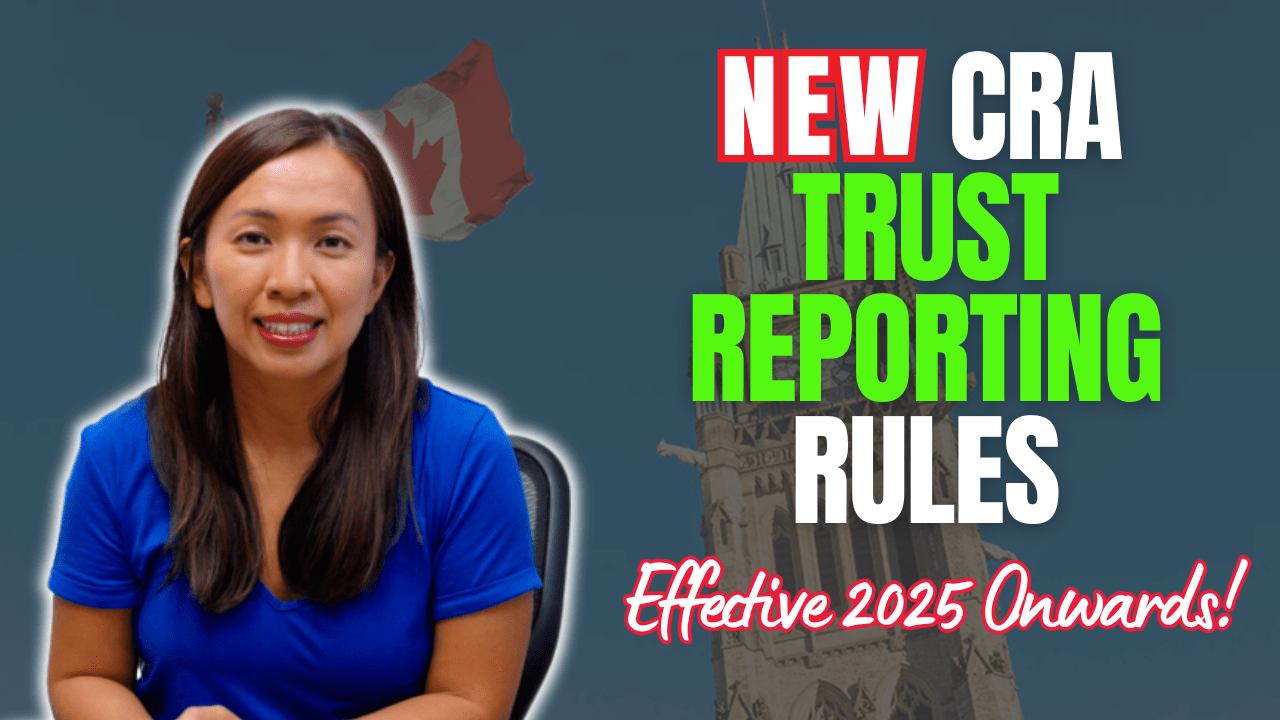 Have you been enjoying the warmer weather outside yet? Despite the great weather, I am not as lucky as my little one, who gets to enjoy the outdoors everyday.
Have you been enjoying the warmer weather outside yet? Despite the great weather, I am not as lucky as my little one, who gets to enjoy the outdoors everyday.
We are in the middle of March, usually the toughest time of the year for accountants who prepare tax returns.
Personal tax returns deadline for most people are due April 30. As accountants, like family doctors in the flu season, we are always busy between meeting clients and finishing the tax returns on time.
If you owe tax for 2014 and do not file your tax return for 2014 on time, Canada Revenue Agency (CRA) will charge you a late-filing penalty. The penalty is 5% of your 2014 balance owing, plus 1% of your balance owing for each full month of your return is late, to a maximum of 12 months.
This can mean an interest penalty as high as 17% if you have any interest owing.
If you were late once in the last three years, 2011, 2012 or 2013, the late filing penalty for 2014 can be 10% of your 2014 balance owing, plus 2% of your 2014 balance owing for each full month your return is late, to a maximum of 20 months.
It is okay if you don’t have the money to settle the tax liability, you will not be subject to this type of punitive penalty as long as you file your tax return on time.
If you have missed reporting some income in one of the past three years, and you miss reporting the same income again in 2014, CRA has the right to impose a repeated failure to report income penalty on you. The penalty can be 10% on the income you did not file.
This is a very punitive penalty – tax might have already been deducted and remitted to the government and you might have just misplaced a slip somewhere. But the penalty is charged on the gross income, which you paid the tax on already, and the resulting penalty is as high as 10% on the income.
Enough said about the deadline that we’re all facing.
As real estate investors, construction workers, subcontractors and trades are often an integral part of our team. Many real estate investors are indeed in construction industry themselves. Recently, CRA announced that they would commit $745K over the next few years to support the Canadian Home Builder’s Association new campaign against the underground economy.
CRA considers both unreported and under-reported sales and/or income as underground economy. In 2013/2014, CRA audited almost 8,000 cases related to the underground economy and identified $718 million in unreported income.
As real estate investors, from time to time, we are often offered cash deals on contractor work. Usually the cash price is cheaper than the original quoted price, but the contractors usually don’t provide an invoice/receipt in return.
Many investors ask me how I handle this type of situation – I told them that I would pay the full price, get an invoice, get a full deduction in my taxes and play by the book.
If you don’t have an invoice template, and something goes wrong, the contractors do not need to come back to fix the issues. You lose your consumer protection.
If you don’t have an invoice, when CRA audits your tax return and you reported that as a deduction, the deduction is automatically disallowed. This doesn’t leave a good impression in the CRA’s eyes.
If you don’t have an invoice, and you choose not to deduct it, the taxes you need to pay is often higher than the saving you get from doing the cash deal.
I am a ‘numbers’ person and I love savings too! More often than not, the cash deal isn’t as good as it sounds.
Until next time, enjoy the nice weather!
Cherry Chan, Your Real Estate Accountant




